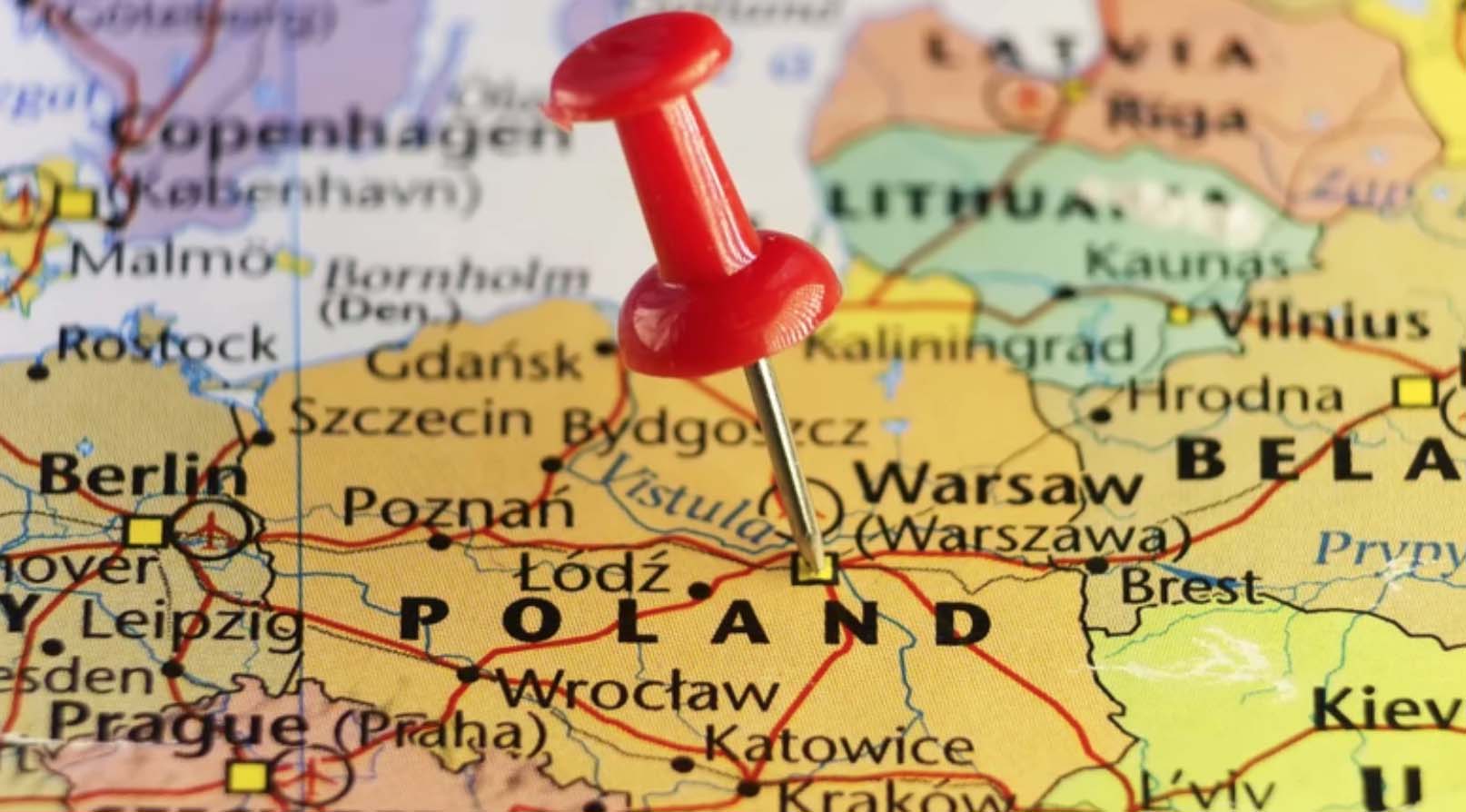In the last few weeks, the media has been full of reports of empty shelves in shops, and sometimes it amounts to sensationalist clickbait or simple attempts to stir up political trouble. But it is a fact that a mixture of the pandemic, war and climate change are leading to disruption and change on the world’s markets.
Living standards are under pressure and the specter of poverty and exclusion is looming.
Poland is in the more prosperous part of the globe, but it is a country which is trying to catch up with its partners having lost much time and wealth during 19th century partitions, wars and Soviet domination. The communist period gave the country rapid industrialization but at huge political, cultural and socio-economic costs. At the same time, Western Europe featured a much more effective model of the welfare state and greater prosperity and advancement for the working class.
The period in the aftermath of the fall of communism was full of promise. The promise was of a better tomorrow after initial shock therapy, but the costs of the transformation were not fairly shared. It is only since 2015, when the liberals and the left lost power, that Polish families have experienced a rapid advance in living standards.
Full employment has been secured and labor is now in short rather than plentiful supply.
However, now we are entering a period of turbulence. Energy, agriculture and industry are all facing disruption in supply chains. The main issue is now security. The liberals’ answer to this seems to be another dose of shock therapy — therapy that could damage both industry and agriculture and lead to the return of asset stripping and closures. It is the type of therapy which in the past left much of Poland’s industry in foreign hands and made the country dependent on Russian energy.
We should not succumb to illusions. Even if inflation slows down, life will be considerably more expensive than it was before 2020. However, things would only get worse if the liberal elites once again attempt to burden the poorer half of society with the costs.
The ruling Law and Justice (PiS) should not make promises about prices falling, as they will answer for them if they do not materialize. The ruling party should instead follow the road of building Poland’s economic potential, especially in the energy sector. The road towards economic sovereignty compared with the politics of dependency on Germany and Russia which the liberals have followed and which, should it return, could mean the end of an independent Poland.





